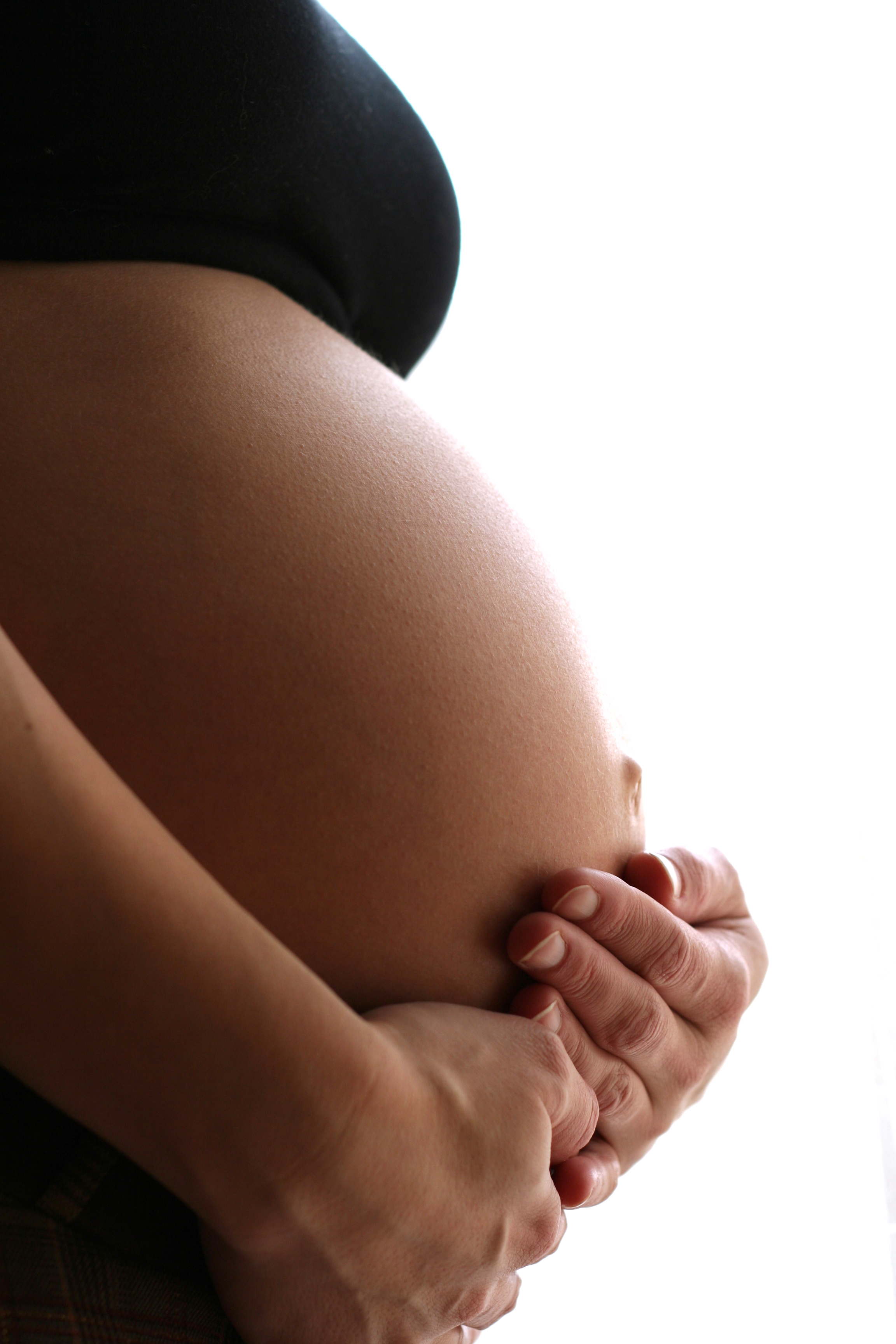Listeria is scary stuff, especially for pregnant women. Pregnant women make up nearly one-third of all cases of listeriosis, due to natural hormonal changes of pregnancy that weaken the immune system. While the mother normally survives an infection during pregnancy, the perinatal/neonatal mortality rate is greater than 80%.
According to an alert sent from the New Jersey Department of Health and Senior Services to a couple of barfblog readers, El Ranchero del Sur, LLC of South River, NJ has a listeria problem in their cheese products. Consumption of their products have been linked to listeriosis in a pregnant woman and investigators have confirmed the presence of the pathogen. In queso fresco, again (here, here, etc).
In queso fresco, again (here, here, etc).
The New Jersey Department of Health and Senior Services (NJDHSS) Food and Drug Safety Program (FDSP) is warning the public not to consume any cheese products produced by El Ranchero del Sur, LLC of South River, NJ. On March 2, 2012, a 38-week pregnant woman was diagnosed with Listeria monocytogenes infection at a New Brunswick hospital. Subsequent investigation by the Middlesex County Health Department and product analysis by NJDHSS Public Health Environmental and Agricultural Laboratories confirmed the presence of L. monocytogenes in a sample of Los Corrales Queso Fresco Fresh Cheese and Banana Leaf code dated 03/16/12.
Listeria monocytogenes is an organism which can cause serious and sometimes fatal infections in young children, frail or elderly people, and others with weakened immune systems. Although healthy individuals may suffer only short-term symptoms such as high fever, severe headache, stiffness, nausea, abdominal pain and diarrhea, Listeria infection can cause miscarriages and stillbirths among pregnant women.
FDSP, with assistance from the U.S. Food and Drug Administration (FDA), has obtained a voluntary closure by the firm’s owner while the products and facility are investigated for the presence of L. monocytogenes. All products and ingredients at the facility have been placed under embargo pending the outcome of laboratory testing for L. monocytogenes.
El Ranchero del Sur, LLC has pledged to conduct a voluntary recall through the FDA and is contacting its customers to arrange for the retrieval of all of their cheese products. El Ranchero del Sur cheese products can be found primarily in Mexican and Latin American grocery stores, restaurants, and other hispanic food establishments under the name brands El Ranchero, Los Corrales, and Carnes Don Beto with the plant number 34-0013669 marked on the label. All products are 14 ounces in weight except for the Queso Hebra Oaxaca String Cheese ball in 10 pound packages.
FDSP is requesting local health departments to investigate retail food establishments, in their respective jurisdictions, which are likely to sell or use these products in food service, and take actions to remove from sale or service all of the products described above, of all types and code dates.
If you have any questions, please contact Alan Talarsky, Dairy Project Coordinator, FDSP at (609) 826-4935. Thank you for your assistance in this matter.
